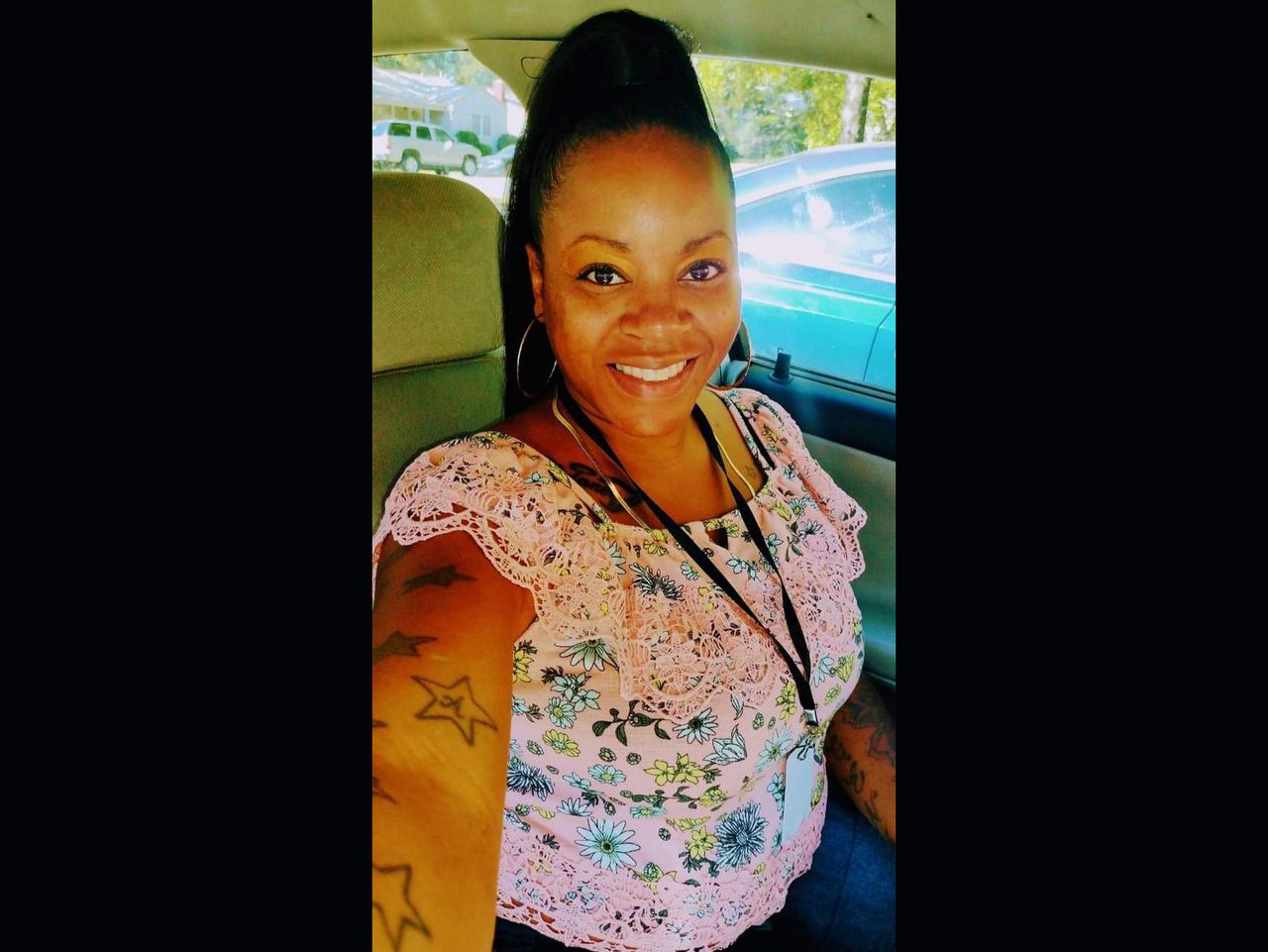Alabama trains doulas to assist growing numbers of mothers with addiction
In Alabama, the sharp rise in overdoses and deaths among pregnant women is pushing the state to try new approaches to help mothers struggling with drug use.
Shanika Webb trained as a doula in 2021 through a pilot program funded by the Alabama Department of Mental Health and implemented by BirthWell Partners, a nonprofit doula training organization in Birmingham. In that role, she can coach pregnant women through labor and delivery, and the legal fallout that often follows.
The Alabama Department of Mental Health started the program after members of the state’s maternal mortality review committee began analyzing data about the deaths of mothers in the first year after birth. They found a high number related to mental illness and drug use, said Dalia Abrams, program director at BirthWell Partners.
That organization started by training more doulas, who are non-medical workers who assist during childbirth. They offer work-study options to students who can’t afford the cost of doula training and also provide care for women on Medicaid, who often can’t afford to hire doulas. Doula care is associated with fewer interventions during labor and lower C-section rates, as well as lower numbers of low-birthweight babies, Abrams said.
The most difficult part of the job is helping mothers stay on track after child welfare workers open a case and remove a newborn, said Webb.
“I really wish that there was some type of way that the systems could be more compassionate towards these mothers,” Webb said. “To see them lose the baby, sometimes you can see that hope and that drive leave them when they are in that situation.”
Webb said she lived with her addiction for nearly 16 years before she finally hit a tragic turning point. In 2018, her infant daughter died from sudden infant death syndrome, which triggered an investigation by the Alabama Department of Human Resources. They tested Webb for drugs, and when she came back positive, they removed her 1-year-old son from her care.
Webb decided to get treatment for the addiction she had been hiding for years and entered treatment at Olivia’s House. She stayed in treatment for nearly a year and trained as a peer support specialist, someone who can use her own experiences with substance use to aid women in recovery.
“I’m somebody they can relate to,” Webb said. “I’m not this superior person. I’m not above them. I am them. They find more comfort and they relate to me.”
In Alabama, the number of drug overdoses among pregnant women on Medicaid jumped from 1,147 in 2016 to 1,734 in 2021, according to data from the agency.
Alabama’s Maternal Mortality Review Committee studied 80 deaths in 2016 and 2017 and found that drug overdoses were in the top three causes of death, said Arrol Sheehan, a spokeswoman for the Alabama Department of Publica Health.
Women dealing with substance use disorder may also have less support during labor from partners or families and can benefit from the assistance doulas provide, Abrams said.
“When we treat people well while they are having a baby, that has a huge impact on their self-esteem and how they parent going forward,” Abrams said.
As for Webb, her work with pregnant women includes several different roles. She runs a support group called Recovering Mommies that meets in person and virtually. Sometimes she drives women to court hearings, DHR visits and prenatal appointments. She supports pregnant women and those with young children.
Webb has seen firsthand how motivated pregnant women can be to improve their health and achieve sobriety. But in Alabama, they face several obstacles. The state has just a handful of rehab programs specifically for pregnant women and mothers and harsh laws against drug use during pregnancy.
“A lot of these women are afraid to confide in their doctors or even seek help due to the fact that they’re afraid of going to prison or their children being taken away from them, so they really just try to manage their addiction the best way they can,” Webb said. “And unfortunately, the disease of addiction does not discriminate, and it does not just go away because a woman becomes pregnant. So, a lot of women just suffer through because of the fear of openly asking for help.”
Women who want to get sober during pregnancy might struggle if they lose custody after birth, Webb said. Part of her job is to encourage them to stay on track.
“Some hit the ground running and try to meet the requirements of the court system and some of them just give up and lose hope,” Webb said.
Webb has found joy in sobriety and working with mothers and pregnant women.
“If you ever want to see a determined, loving motivated individual, go into a rehab and sit with a group of women that are there trying to get their lives together for themselves and their children,” she said. “These women are so determined and focused.”
She hopes she can be an example to those who are struggling and feel lost. Webb regained custody of her son during recovery. He’s 7 years old now and lived with her at Olivia’s House where she received treatment.
“I’m not a therapist,” Webb said. “I’m not a counselor. I’m none of these things. I’m just somebody with lived experience that can relate to exactly what they’re going through.”
